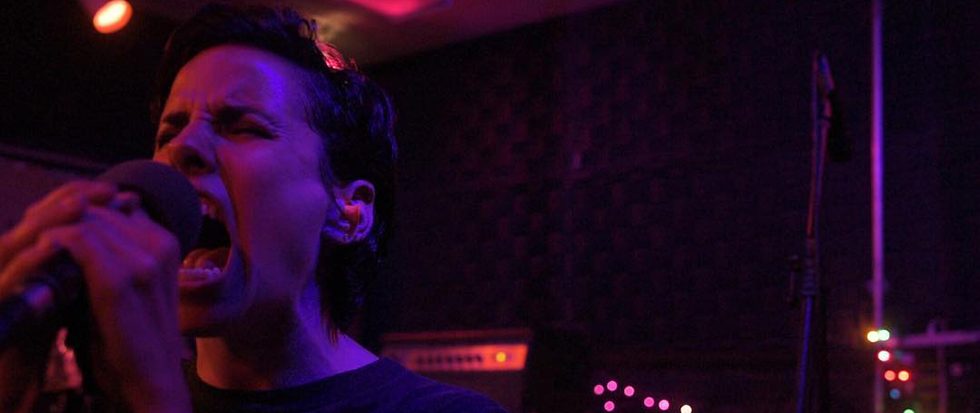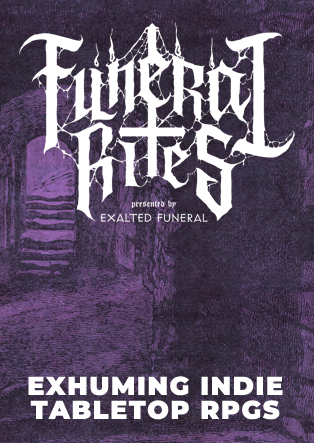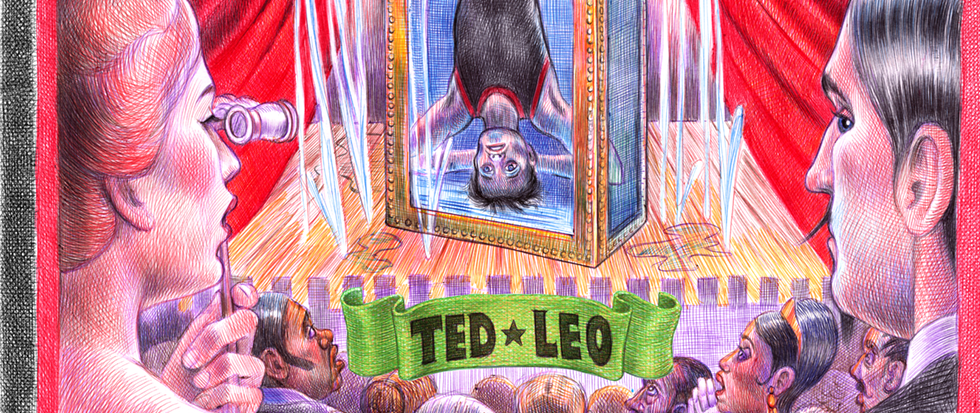
Restorative Hardcore
At first, hardcore was catharsis for me, like it probably is for most fans. More than just an excuse to throw elbows, it was the redlined sonic manifestation of layered frustration and anger. The genre might be thought of as a pressure cooker, but for me the act of listening to Minor Threat, Gorilla Biscuits, Snapcase, etc. was the lid coming off, steam sent wafting up in lieu of blood and property damage.
Where I found a mostly positive throughway with hardcore and my emotions, the history of the genre is fraught with violence. New York and Boston are notorious tough guy scenes, with plenty of prime cut meatheads stomping skulls in line with the forested fascism of the pacific northwest, the volatile energy of hardcore has been used to cause its share of harm.
Even the original instigators saw the shortcomings, with Ian MacKaye famously daring to demand that Fugazi showgoers respect their neighbors and not slam around into them. Many others transubstantiated into more positive mindsets or just grew past the genre without much to say. But MacKaye continues to plays benefit shows, debuting a new band just last week without a name in a moderately-sized church surrounded by children, and by all accounts it was still crackling. The struggle for civility remains today, when bands like Pile ask with hat in hand that fans refrain from pummeling others on the floor who might not be looking for bruises.
Super Unison sprouted from the seeds of similar contemporary hardcore a few years ago, but with their recent album Stella, they’re more directly grappling with a desire for restorative responsibility in a scene primarily known for explosions. They’re a cavernous sounding trio, wrangling coats of reverb and fuzz around a diverse set of vocals from bassist Meghan O’Neil. who isn’t “singing” exactly, as her performance has the range of a condor’s wingspan on this record—encompassing her open-aperture roar from Punch, mirrored gang shouts, and plaintive spoken pleas. O’Neil’s voice bellows from deep in the chest no matter how it’s spun. While the vocals center the band they don’t overwhelm and dominate the entire proceedings, rather, they are a fourth texture that rides the phased undulations.
The roominess of the drums bedrock a stormy snowglobe of strings which widens the record beyond other sing/shout emo bands, those from the late 90’s and the 00’s that burst from hardcore’s shadow with stark clean/overdrive switches and mood swings. Stella wails, thrashes, and twirls, but not through the extremes of bipolarity or from second to second. These songs dig for light through tons of earthen pain, excavating the pain of life through soaring chords, melodic fills, anchoring basslines. And when O’Neil sings “I want to be / as strong as you” it’s more raw and exposed than anything she’s sung before. A simple declaration of a desire for the strength to experience the world.
Hardcore has always struggled with this idea of restoration. As a sound it implodes buildings, razes the ground, acts as a cleansing flame. But what comes after the skin is flayed? Super Unison grasps at new light after the one’s world has been consumed, dares to reflect back towards the sun. They aren’t the first band to outgrow hardcore but it’s always seen as a risk. Stella is proof of the potential rewards for those risks, a document of the churning grief and rage past the act of destruction into an act of personal repair, embracing a meditative exhaustion that balances the firing bellows.





